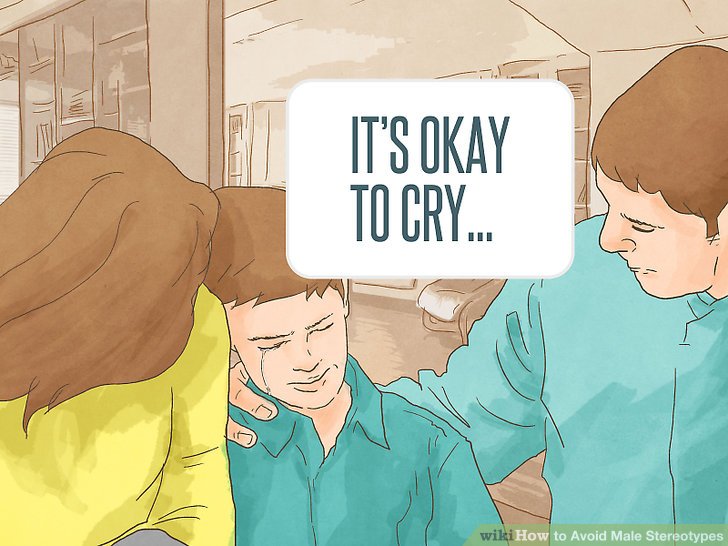Finding a therapist who is the right fit can be as daunting a challenge as finding the right mate. Amplifying the challenge is that most people wait until crisis strikes before they decide to search for a therapist. Rather than being proactive and preventative, we tend to be reactive to symptoms or relationship stress, then hope our therapist can fix us. Urgency often dictates we settle on a therapist who isn’t the best fit, but by the time we realize this, we choose to not terminate because starting over is exhausting. Because “fit” is essential to successful therapy, I’m highlighting four characteristics less obvious than empathy or universal positive regard. These characteristics increase the likelihood of effective and fulfilling psychotherapy.
1.) Lovingly Confrontational:
Therapy is a relationship in which clients seek change through an objective perspective of themselves and their lives. An effective therapist will not placate you, but will also not bludgeon you with new perspective. Instead, seasoned therapists will encourage you to look at your circumstances through a different lens, and will do so in a loving way.
When clients exhibit behaviors I believe create problems in their lives, I put them under a microscope. The following interaction involves a depressed client, whose name I’ve changed, and whose sessions typically spiraled into complaints about loneliness and disconnect from others.
Therapist: Ted, I’ve noticed you’ve never asked me how I’m doing when we greet each other.
Client: (smiling) What do I want to know about you for? We’re here for me.
Therapist: That’s true, but you often discuss difficulty maintaining relationships, and feeling alone. I’m just wondering how your experiences might change if you showed more interest in other people. Showing interest in other peoples’ lives might improve your connections with them.
Although it might seem like I judged a client for being dismissive of me, nothing could be further from the truth. I believed Ted’s behavior contributed to the absence of connection in his life. He had never offended me, and my only goal was to help him become aware of the role he played in his loneliness.
2.) Self-Disclosure:
Having a client free associate while I scrape away layers of psyche in search of an original emotional wound would be boring enough. Trudging through that chore while revealing nothing about myself to my clients would be an arduous antithesis of the psychotherapeutic relationship. Therapy is vibrant when the therapist utilizes self-disclosure in a way relevant to the client. In other words, I would never begin a session saying, “I’ve got a lot on my mind today. Can we talk about it”?
Therapist self-disclosure underscores universality of human experience, and reminds clients they do not struggle alone. It also mitigates clients’ shame and guilt about symptoms and situations, and promotes healing through self-acceptance. Your therapist is neither above you, nor ahead of you, but is instead a fellow traveler.
3.) Avoids Giving Advice:
Aside from an occasional movie recommend, I avoid giving advice because it is essentially useless to therapy. When clients seek advice, they are relinquishing their freedom to choose a life course amid the possibility of a negative outcome for which they would rather blame someone else. You want your therapist to hold you accountable and guide you through a sound thought process. Giving advice is also how therapists overfunction when we are anxious about a client’s lack of progress. Our anxiety can drive us toward doing the work clients benefit from doing themselves. It also stunts collaboration and reinforces clients’ pathological beliefs about their inability to think for self.
4.) Conducts Frequent “Check ins”:
Although I’d like to believe every therapeutic relationship sails smoothly, they don’t always. However, clients are often reluctant to express dissatisfaction with therapy. This is why I conduct frequent “check ins” that open up discussion about positive and negative aspects of our relationship. The emphasis her is on process above content. When clients know rejection is not a possible outcome of expression, they allow themselves to speak honestly about our relationship which in turn teaches them to do so in other relationships. When clients harbor relationship frustration, they feel distant, anxious, and depressed. Clients also benefit when therapists acknowledge our role in what is not working, which reminds them accountability and humility have value. Acknowledging my own relationship flaws is humbling, but if it promotes enriched relationships and well-being in my clients’ lives, then I am all in.
With those characteristics in mind, you are now ready to begin your search for a therapist. Good luck, and happy healing, and feel free to reach out to me with questions.





